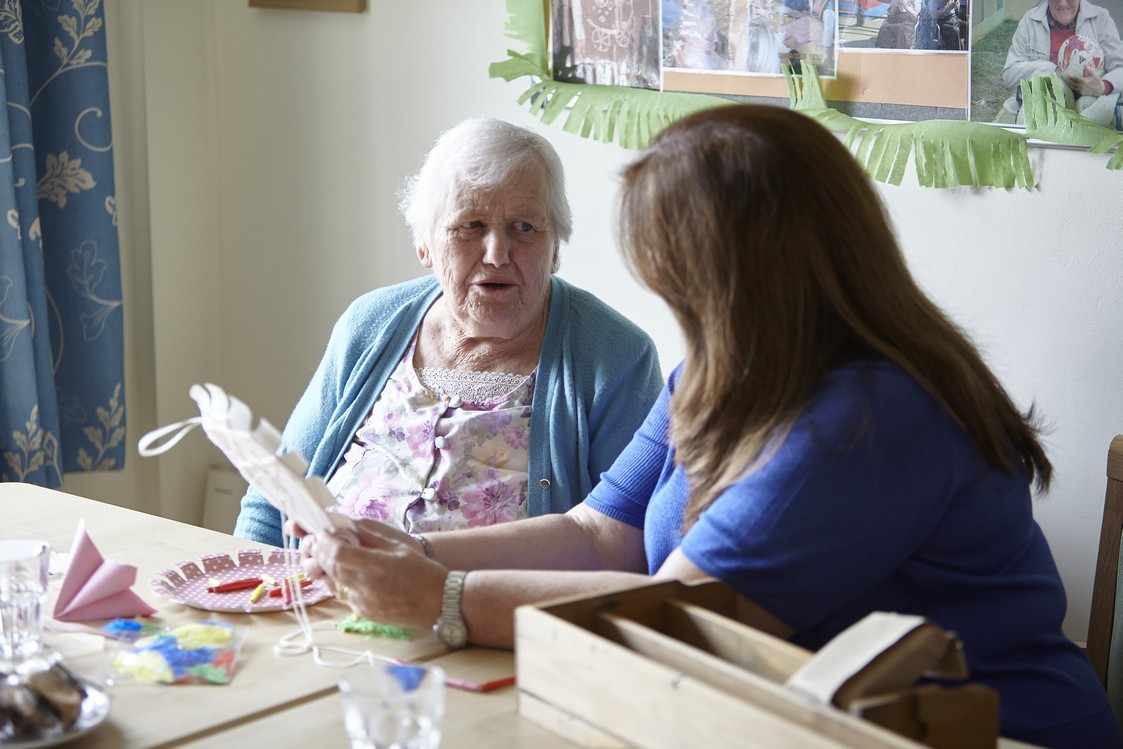
Loneliness is one of the biggest challenges in modern life, especially for older adults and vulnerable individuals. Companionship care offers more than company—it provides emotional support, reduces isolation, and helps people lead healthier, happier lives. This article explores the impact of companionship services on mental health and overall well-being.
Human beings are social by nature. We thrive on connection, shared experiences, and the reassurance that someone is there when needed. For many, however, especially older adults or those living alone, this support system is often missing. That is where Certain Care Companionship Services steps in. By offering personalised and compassionate care, these services provide a lifeline to individuals who may otherwise struggle with loneliness or emotional decline.
Mental health is deeply linked to social interaction. When people feel isolated, their risk of anxiety, depression, and even cognitive decline rises sharply. Studies consistently show that companionship care has powerful benefits:
- Reduces loneliness and social isolation.
- Improves mood and lowers stress.
- Provides a sense of belonging and purpose.
- Encourages healthy daily routines and lifestyle habits.
Certain Care Companionship Services offer tailored support that helps clients feel valued and connected.
The Connection Between Companionship and Well-being
Well-being is more than physical health; it includes emotional stability, a sense of security, and the ability to enjoy life. Companionship care contributes to this by ensuring that individuals have someone to talk to, share stories with, or simply sit in silence without feeling alone. Certain Care Companionship Services bridge this gap by providing consistent emotional support that uplifts the mind and body.
Key Benefits of Companionship Care
- Emotional Support: Having someone to talk to about daily life reduces feelings of emptiness. A listening ear often makes a bigger difference than medicine alone.
- Increased Confidence: Clients often feel more confident knowing they are not alone. This reassurance can encourage them to engage in hobbies, attend community events, or reconnect with friends.
- Encouragement for Healthy Living: Companions often help clients establish routines—regular meals, gentle exercise, or medication reminders—that directly support better mental health.
- Safety and Reassurance: The presence of a trusted companion reduces anxiety, particularly for those who may be fearful of falling or experiencing emergencies.
Social Interaction and Cognitive Health
Engaging in meaningful conversations is not just enjoyable—it helps keep the brain active. Cognitive stimulation through reading, puzzles, or even chatting about current events slows mental decline. Companionship services provide these opportunities daily, creating small but significant moments that enhance long-term wellbeing.
Companionship Beyond Basic Care
While traditional care often focuses on medical or physical needs, companionship care looks at the whole person. It acknowledges that laughter, storytelling, and shared meals are just as vital as medicine or mobility support.
Some examples include:
- Going for walks together.
- Playing games or doing puzzles.
- Cooking or baking as a shared activity.
- Attending community events or social clubs.
These activities spark joy and create memories that directly uplift mental health.
A Positive Alternative to Loneliness
Loneliness is not just an emotional issue; it is linked to serious health risks, including heart disease and weakened immunity. Companionship care actively counters these risks by fostering an environment of warmth and trust.
By choosing Certain Care Companionship Services, families can ensure their loved ones not only receive care but also regain happiness and peace of mind.
Building Trust and Lasting Relationships
At the heart of companionship care is trust. Over time, caregivers and clients build bonds that feel more like friendships. This continuity of care helps reduce stress, as clients feel secure knowing someone familiar and reliable is by their side.
Such long-term relationships are invaluable in maintaining stability, particularly for older adults or those dealing with health challenges.
The Role of Companionship in Independence
One of the greatest fears among the elderly is losing independence. With companionship support, individuals can maintain control of their daily routines while still enjoying the safety net of having someone close. This balance helps preserve dignity and self-respect.
Why Families Choose Companionship Services
Families often worry about loved ones who live alone, especially when distance or work commitments prevent frequent visits. Companionship services give peace of mind, knowing that trained professionals provide both care and company. It ensures that their loved one is never truly alone.
Wrapping Up
Companionship is more than presence—it is about meaningful connections, emotional well-being, and restoring joy to everyday life. As loneliness continues to affect millions, services like Certain Care Companionship Services stand out as essential, offering dignity, comfort, and reassurance to those who need it most. By providing trusted, compassionate care, they transform lives, ensuring that individuals remain happy, mentally strong, and emotionally fulfilled.



